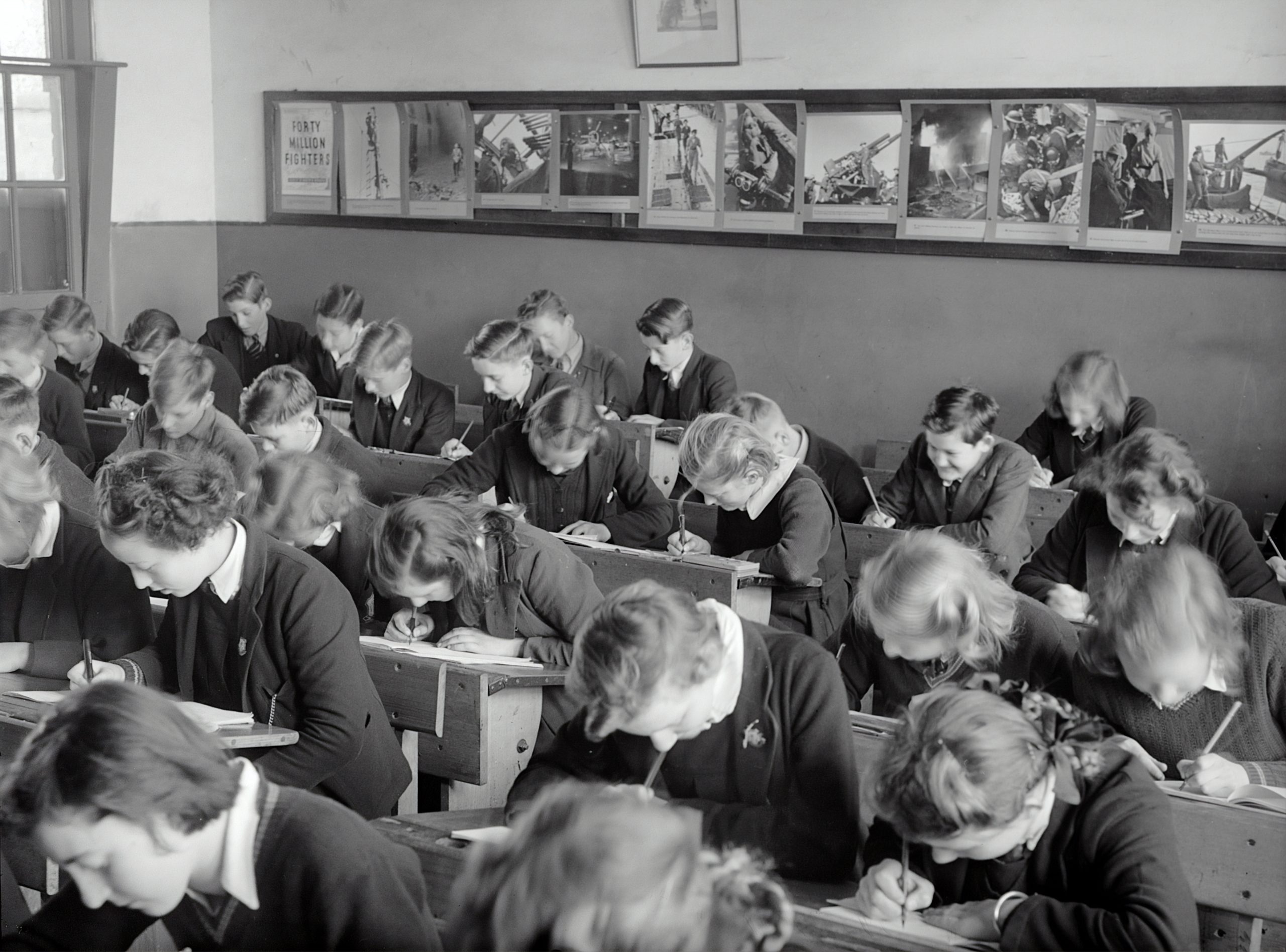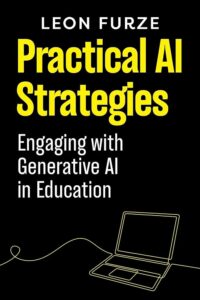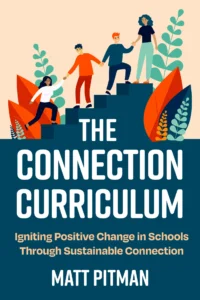Yesterday in Melbourne we welcomed back Years 8, 9 and 10’s to face to face learning. It was wonderful to see them in the flesh, and they seemed to be happy to be back. With only about 5 weeks left in the academic year, before we know it, we will be wishing our students a happy holiday.
So, as we start planning for 2021, It did get me thinking about what next year will look like. Do we just go back to the way it was pre COVID? Are we going to see the massive reform that so many are asking for? What needs to happen to see improvement in schools?
Now I am sure that many schools across the country have had the same conversation after their respective lockdown periods. Every faculty and pastoral meeting would have had it on the agenda. Lists would have been made and Principal Executive teams would have collated the feedback. The question…. what are our Lessons from Lockdown?
Now while we try to take as many positives out of remote learning, and see how we can adapt these moving forward, the discussion around school reform has been happening much longer than this year. Schools are always attempting improvement, but large-scale change is slow moving.
For decades, schools in Australia have generally looked and sounded the same. You only need to check out this video from the National Film Board documenting schooling in the late 1940’s to find many of the elements of education that you would see today. Desks and chairs in rows, teachers standing at the front instructing and exams determining success.
However, a revolution could be coming as COVID has lit a fire under the movement for Education reform. While you can find some diamonds around the place with schools that ‘trying something different’, organisations like the Future Schools Alliance (FSA) and a School for tomorrow. are leading the charge for change.
The FSA have worked closely with schools over the last couple of years to be places that can be flexible and adapt quickly to the needs of young people. They consult with schools all over Australia and New Zealand to Explore, Evolve and Transform a new educational future. This can look different in every school, but it’s all about real innovation and a cultural evolution.
a School for tomorrow. is a global educational network that supports students, educators, and school leaders to thrive in a new world environment. They promote programs, podcasts, professional learning, toolkits and courses that help students, teachers, and school leaders to build the character, competencies and wellness that allows them to make progress on a pathway to excellence.
These organisations are pushing educators and schools to go beyond specialist programs, fancy buildings and country campuses.
It’s about real change.
So now the question is, what does that real change look like?
For me the first step is we (the education sector) need to change our mindset. We need to redefine what ‘class time’ is. We need to look at what the final year of secondary school looks like. We must learn to evolve as quick as the ‘outside’ world does.
I regularly say, if the corporate world moved as slow as schools do, they would go broke very quickly. Education needs to be more agile and willing to adapt on the fly. We don’t need to wait for the academic year to finish to say, ‘that doesn’t work’ and go again.
So, I am sure we will see a sprinkle of change in schools out of COVID. A few parent teacher interviews will move online, teachers newly developed ICT skills will improve pedagogy and we may even see less focus on content and more on skills.
But none of this is real reform.
This is just tinkering at the edges.





